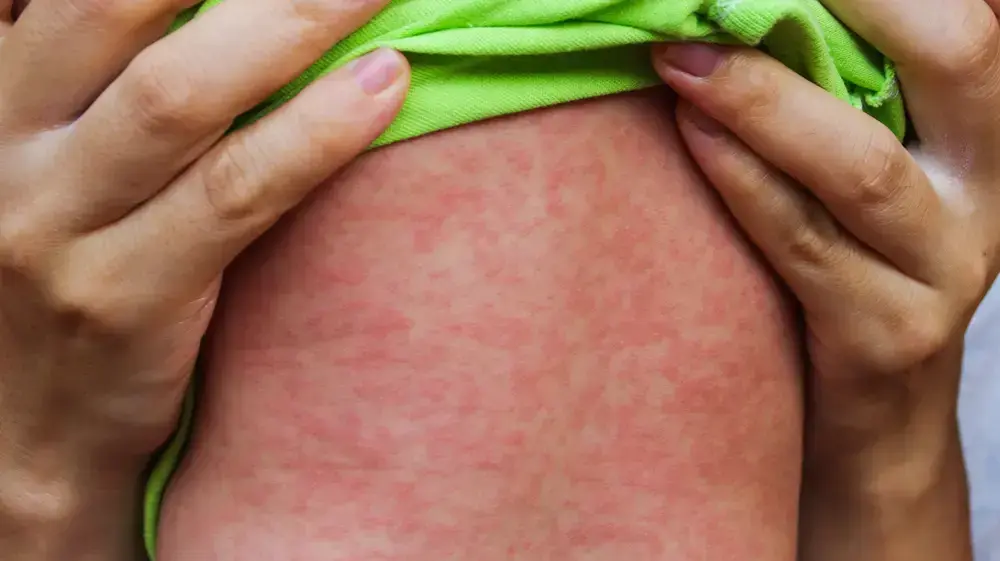- Click to share on Facebook (Opens in a new window)
- Click to share on Twitter (Opens in a new window)
- Click to share on LinkedIn (Opens in a new window)
- Click to email a friend (Opens in a new window)
Wearing masks: solidarity or selfishness? 2:43
(CNN) - Public health officials have asked people to stay two meters away to reduce the spread of the coronavirus through so-called respiratory drops. But three experts warn that two meters may not be enough, and say the world needs to take airborne transmission of the virus seriously.
In a comment published in the journal Science, experts called for "regular and widespread testing" to find asymptomatic cases, noting places where mask use is universal and the virus has been controlled, such as Hong Kong and Taiwan. The guidance of the World Health Organization may not be sufficient in all situations, they said.
A man challenges the pandemic in Miami Beach 0:36"Evidence suggests that (the new coronavirus) is quietly spreading in aerosols exhaled by highly contagious infected individuals with no symptoms," wrote Chia Wang of Sun Yat-sen National University in Taiwan and Kimberly Prather and Dr. Robert Schooley of the University of California, San Diego.
"Growing evidence of the coronavirus suggests that the two-meter WHO recommendation is probably not sufficient in many indoor conditions where aerosols can remain in the air for hours, accumulate over time, and follow airflows at distances of more than two meters ”, they wrote.
A woman in Rio de Janeiro, Brazil, stands on one of the marks on the pavement that indicates to people that they must keep their distance. (Bruna Prado / Getty Images)
The three experts, who are specialists in chemistry and infectious diseases, said aerosols from breathing and talking "can accumulate, remain infectious in the indoor air for hours and are easily inhaled into the lungs." They said that makes wearing masks even more essential, even when people keep their distance.
Indigenous people of Peru wear banana leaf masks against covid-19 1:25The US Centers for Disease Control and Prevention. USA They have focused on the so-called respiratory drops that occur when a person coughs or sneezes. The drops do not stay in the air for long, but the CDC says they "can land in the mouth or nose of people who are close by or possibly can be inhaled into the lungs."
LOOK: Thousands ignore distancing measures in the US and infections are increasing in 18 states
The spread is more likely when people are in close contact with each other, or "within about 2 meters," the CDC says. This is because respiratory droplets are relatively large and fall to the ground, unlike aerosols, which are smaller and more likely to stay in the air longer.
Despite the focus on drops from US health officials. USA and others, experts said, "a large proportion of the spread of coronavirus disease 2019 (covid-19) appears to be occurring through the airborne transmission of aerosols produced by asymptomatic individuals during breathing and speech."
While more research is needed, they called for robust test schemes and said people should wear masks (face masks or chinstraps). "For society to resume, measures designed to reduce aerosol transmission must be implemented, including that they wear masks universally and that regular and widespread testing be done to identify and isolate asymptomatic infected individuals," they said.
LOOK: They create a robot that runs errands to promote social distancing
chin mask mask











/cloudfront-eu-central-1.images.arcpublishing.com/prisa/KMEYMJKESBAZBE4MRBAM4TGHIQ.jpg)


